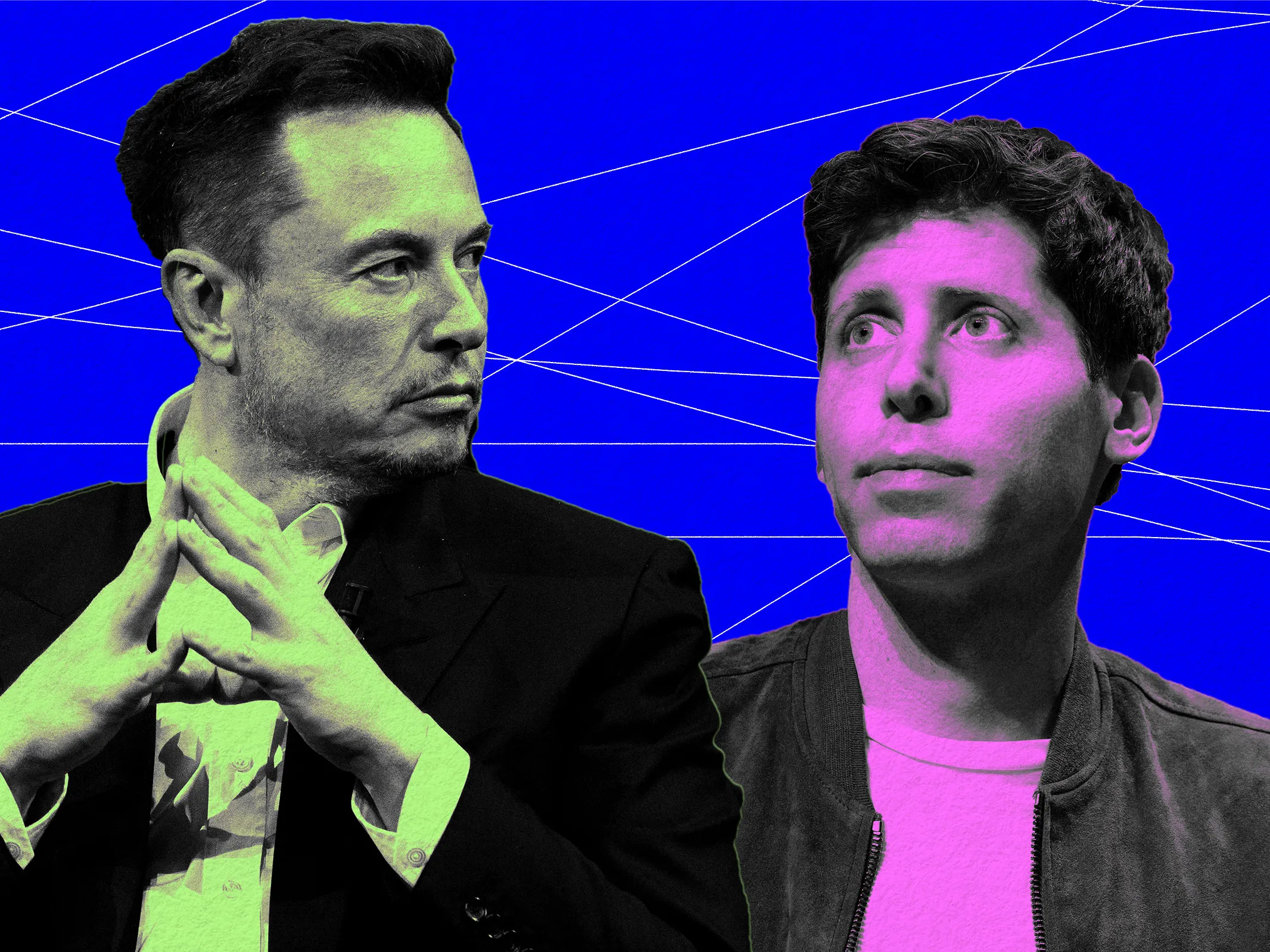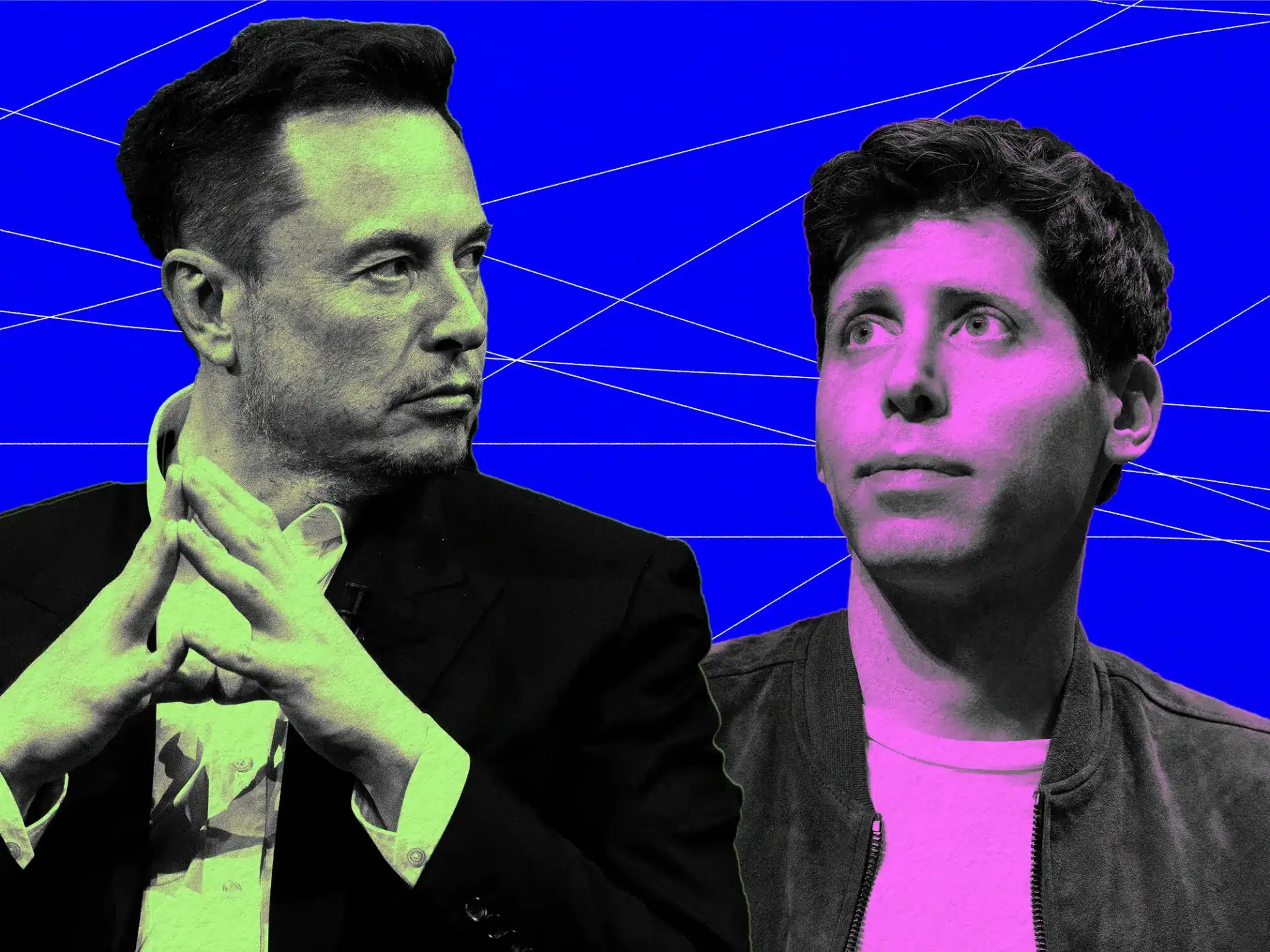In a significant turn of events, OpenAI, the pioneering AI research lab and creator of ChatGPT, has released a series of old emails in response to a lawsuit filed by Elon Musk, the billionaire entrepreneur and one of the organization’s co-founders. This move comes as a direct counter to Musk’s allegations that OpenAI has veered away from its original non-profit mission in pursuit of profit, notably after its substantial collaborations with Microsoft.
Key Highlights:
- Elon Musk sues OpenAI, claiming it abandoned its non-profit mission for profit.
- Musk’s lawsuit alleges a breach of contract, pointing to the organization’s shift towards monetization.
- OpenAI, in response, refutes Musk’s claims, indicating a complex history of communications and intentions.
- The lawsuit and OpenAI’s response underscore tensions over the control and direction of AI development.

The Heart of the Controversy
Elon Musk’s lawsuit, filed in California Superior Court, accuses OpenAI and its leadership, including CEO Sam Altman, of deviating from their foundational promise to develop artificial intelligence for the betterment of humanity without the motive of profit. Musk argues that the initial agreement was to focus on creating an open-source, non-profit entity dedicated to advancing artificial general intelligence (AGI) in a manner that would not only benefit humanity but also counteract profit-driven AGI development by companies like Google.
OpenAI’s Rebuttal
In response, OpenAI has brought forward historical emails, purportedly showing a more nuanced understanding and agreement between the parties involved. This disclosure is part of OpenAI’s broader strategy to contest Musk’s claims, asserting that the organization’s evolution was in line with the collective vision and permissible under their agreements. The released communications aim to demonstrate that OpenAI’s commercial endeavors do not betray its core mission but rather reflect a pragmatic approach to sustaining AI research and development.
Broader Implications
The lawsuit and subsequent revelations have sparked a wider debate on the ethics, governance, and future of AI. With OpenAI at the forefront of generative AI technology, thanks to its development of models like GPT-4, and Musk’s parallel venture into AI with his startup, xAI, the outcome of this legal battle could have significant implications for the industry. Moreover, it raises critical questions about the balance between innovation, public good, and the commercialization of AI technologies.
The unfolding drama between Elon Musk and OpenAI is more than a legal scuffle; it’s a litmus test for the future of artificial intelligence. As AI continues to weave itself into the fabric of society, the guiding principles of its leading developers come under scrutiny. This lawsuit, regardless of its outcome, underscores a pivotal moment where the ideals of open collaboration and the realities of funding and profit intersect. How we navigate these waters will shape not just the trajectory of AI development but its impact on humanity.






























